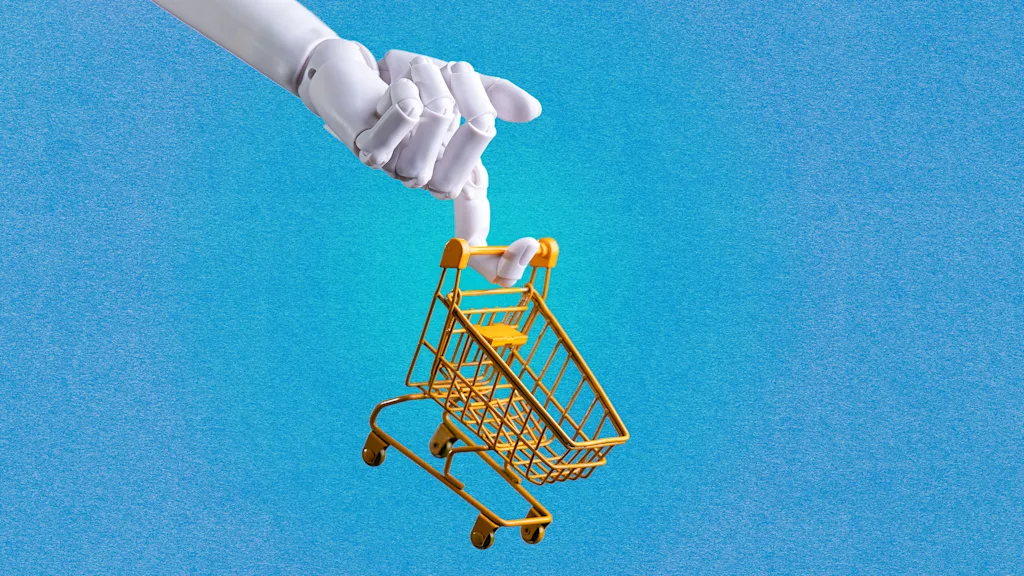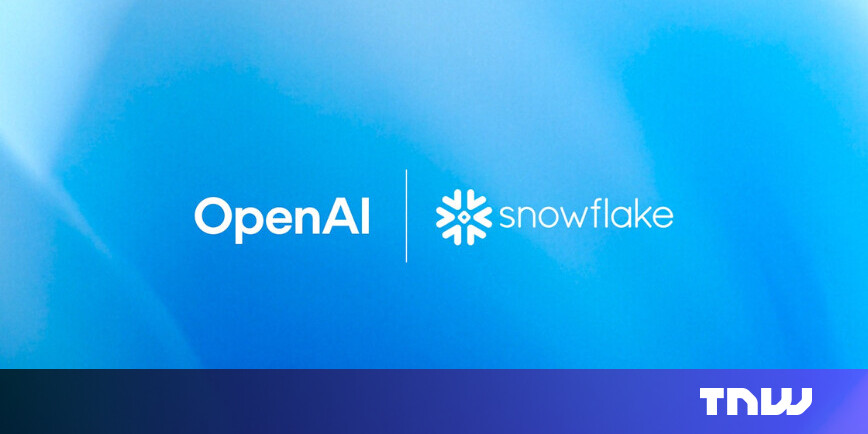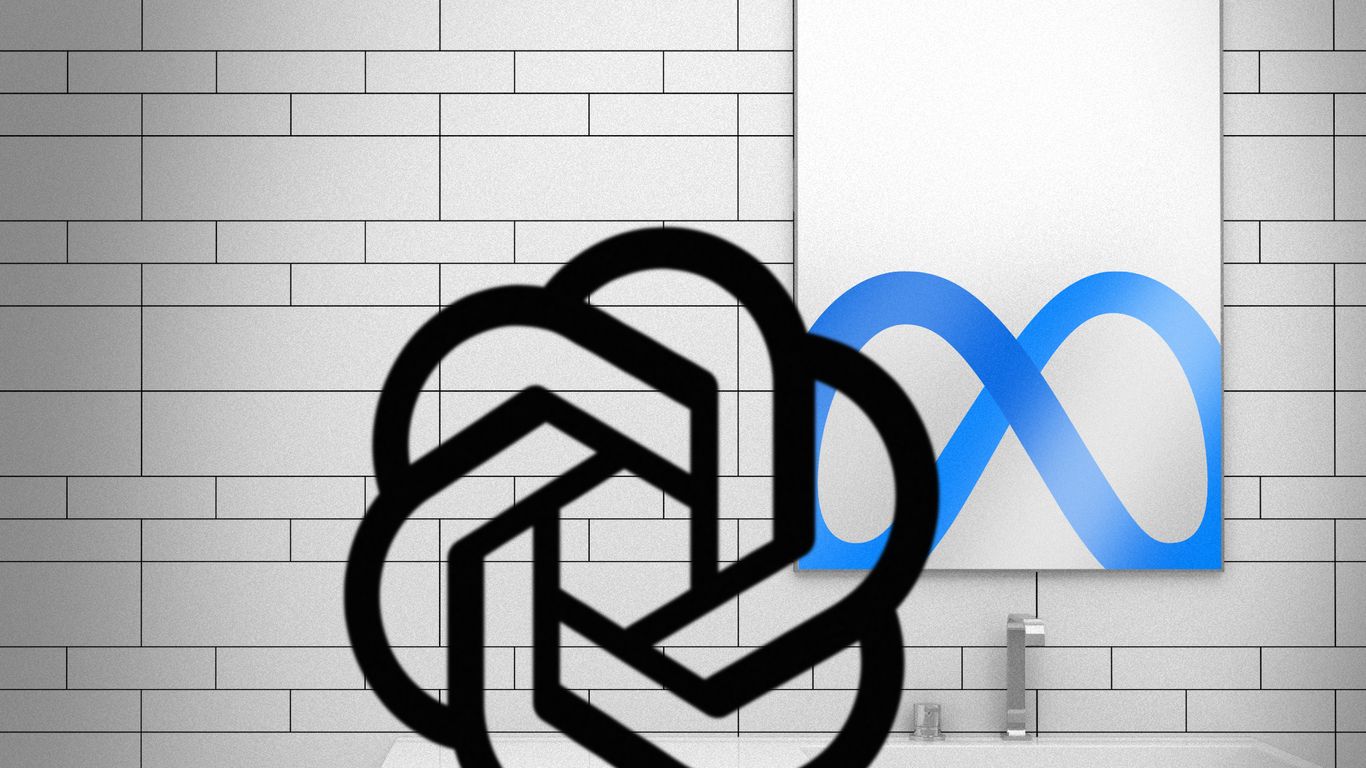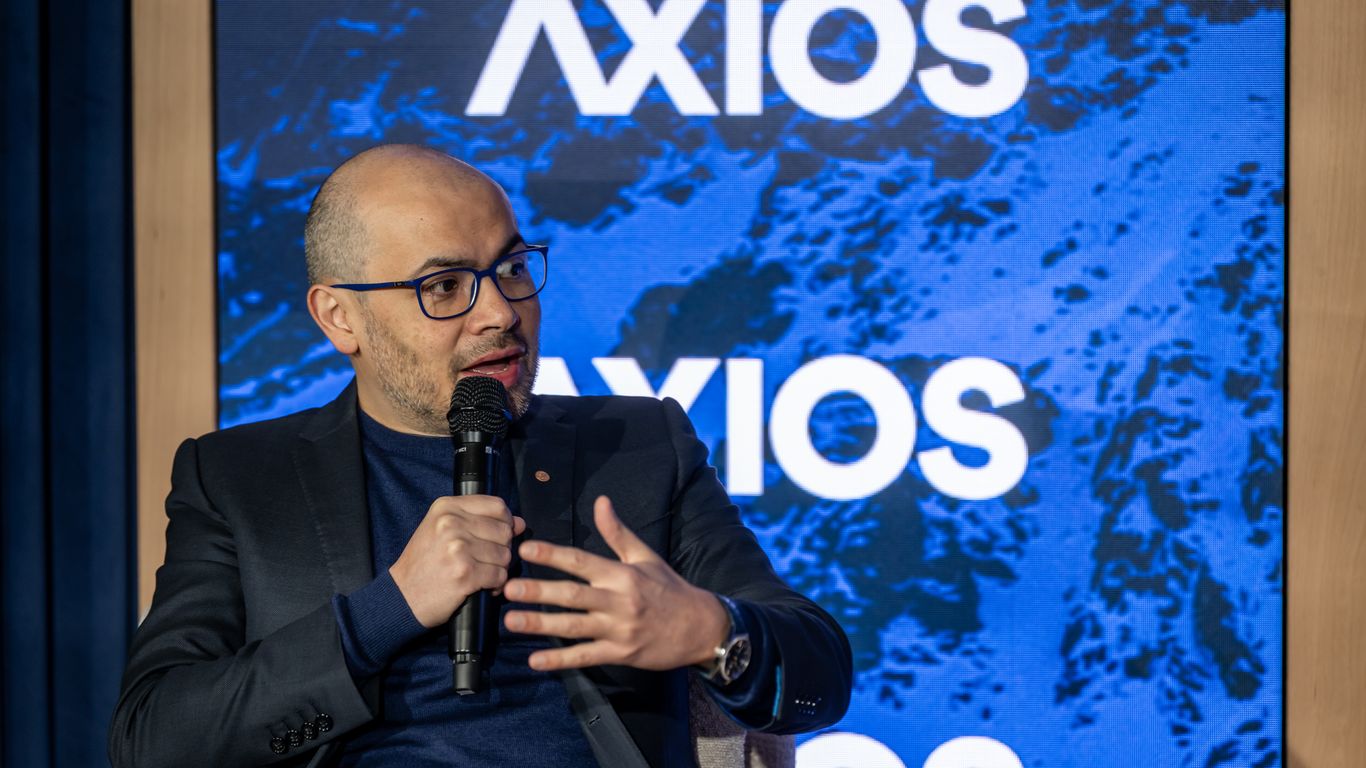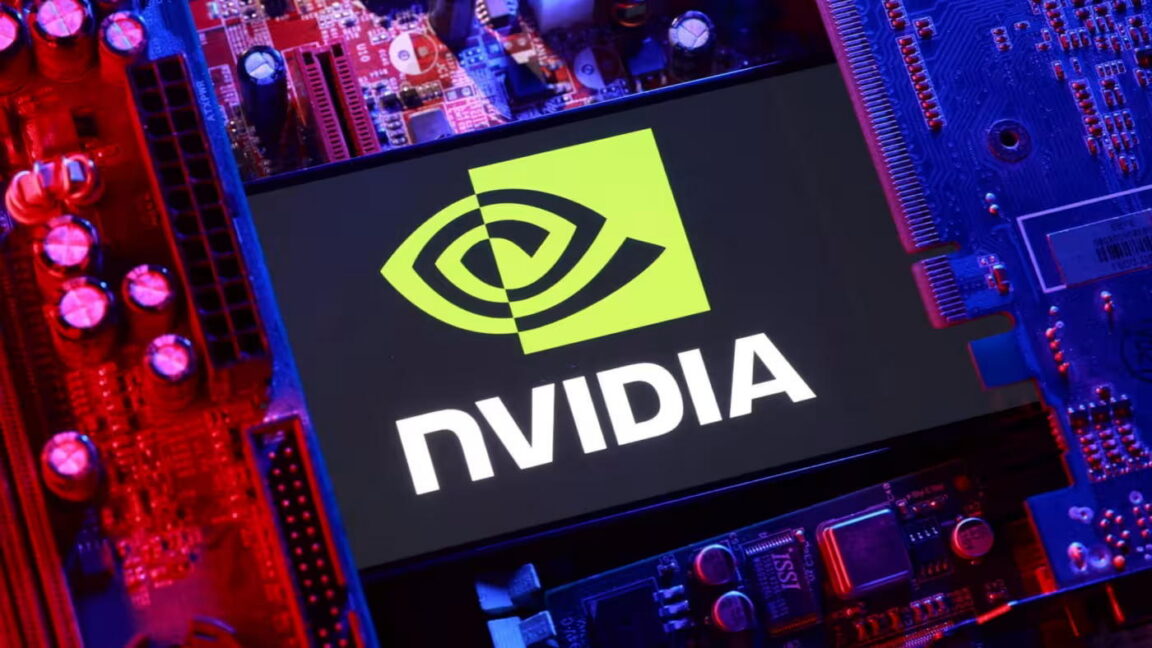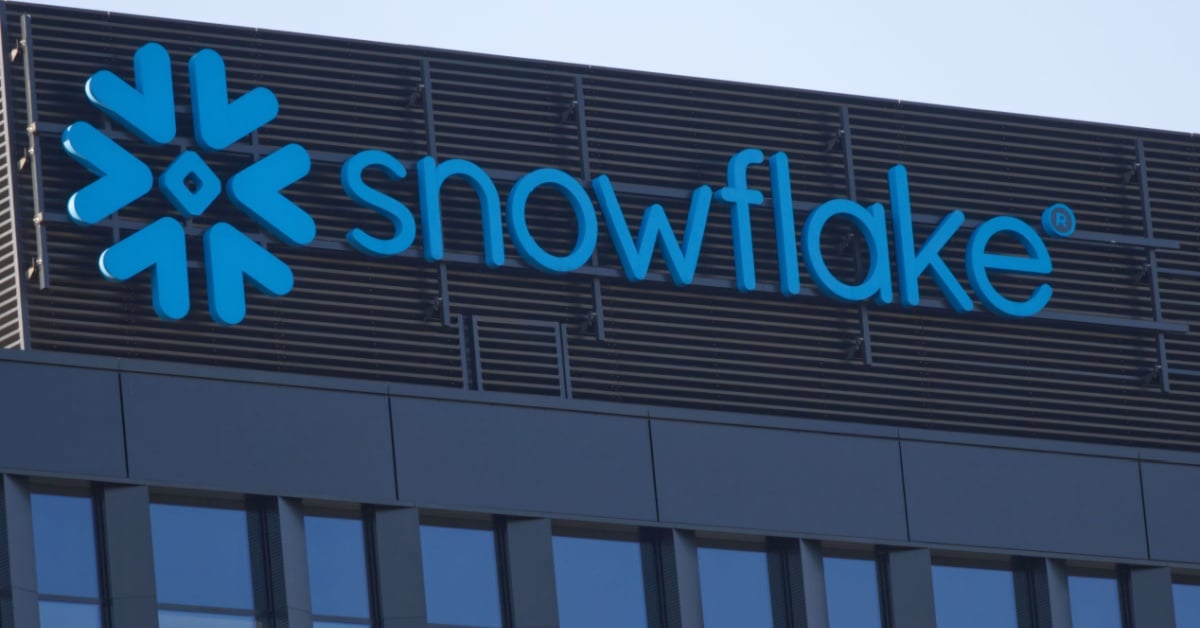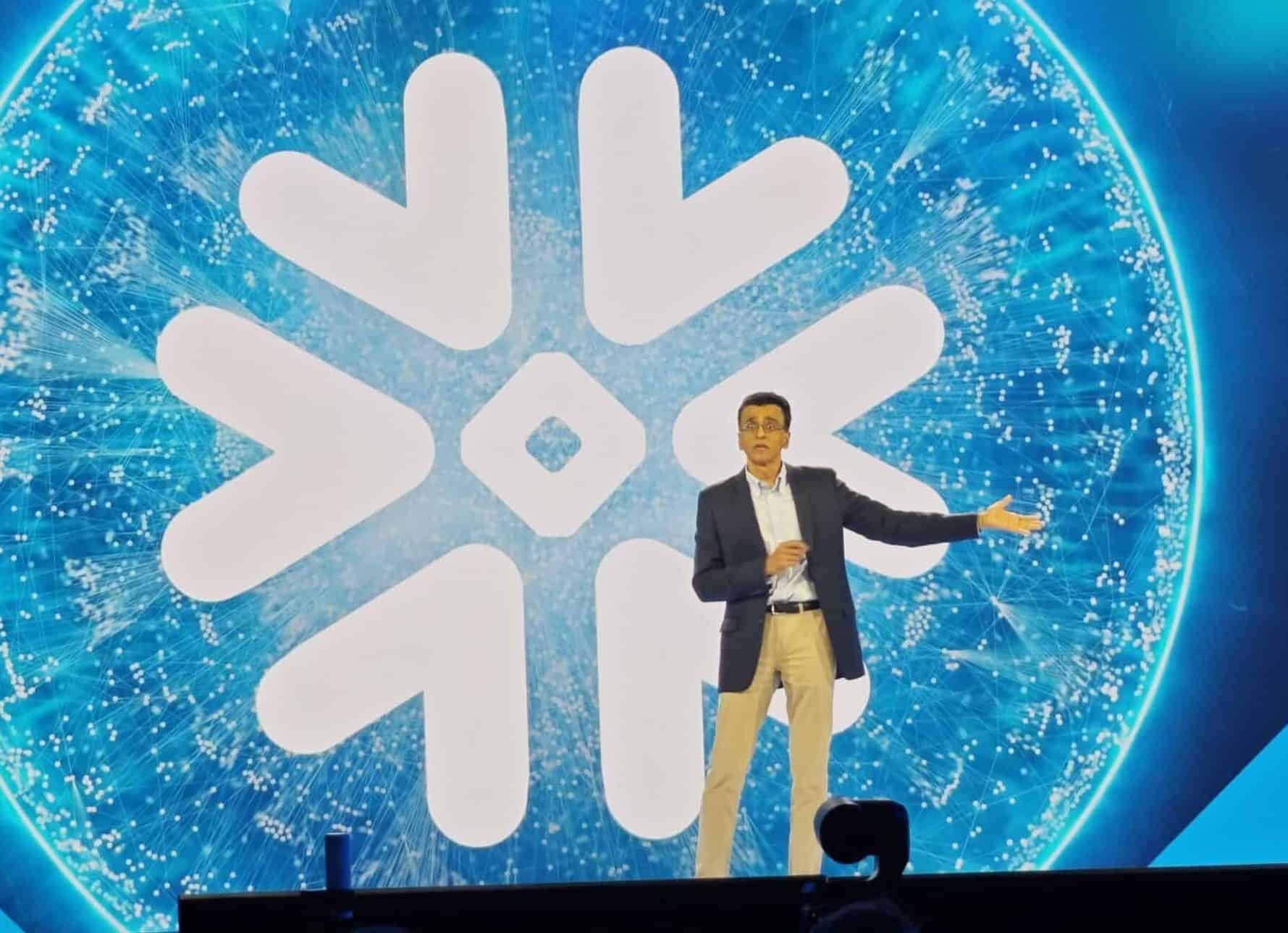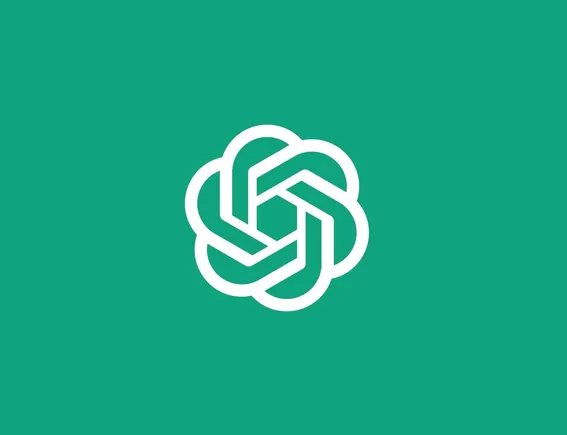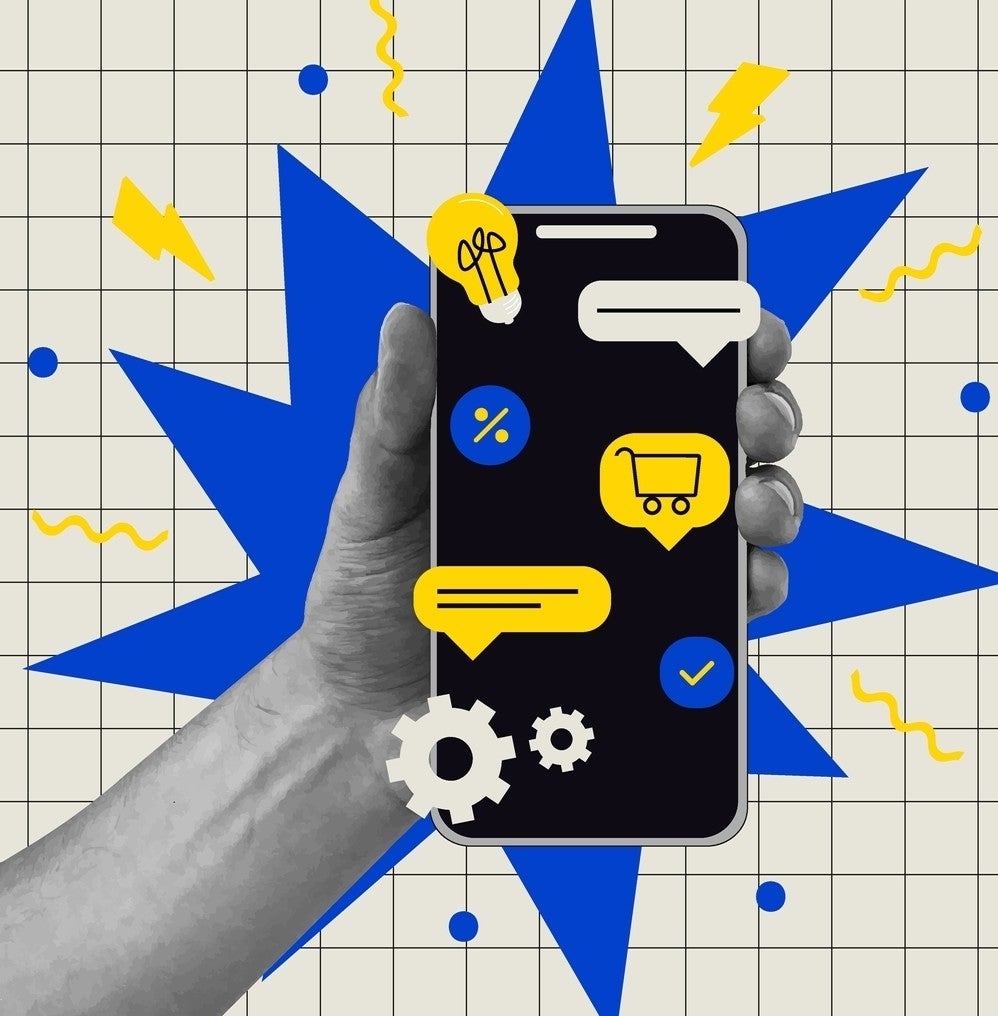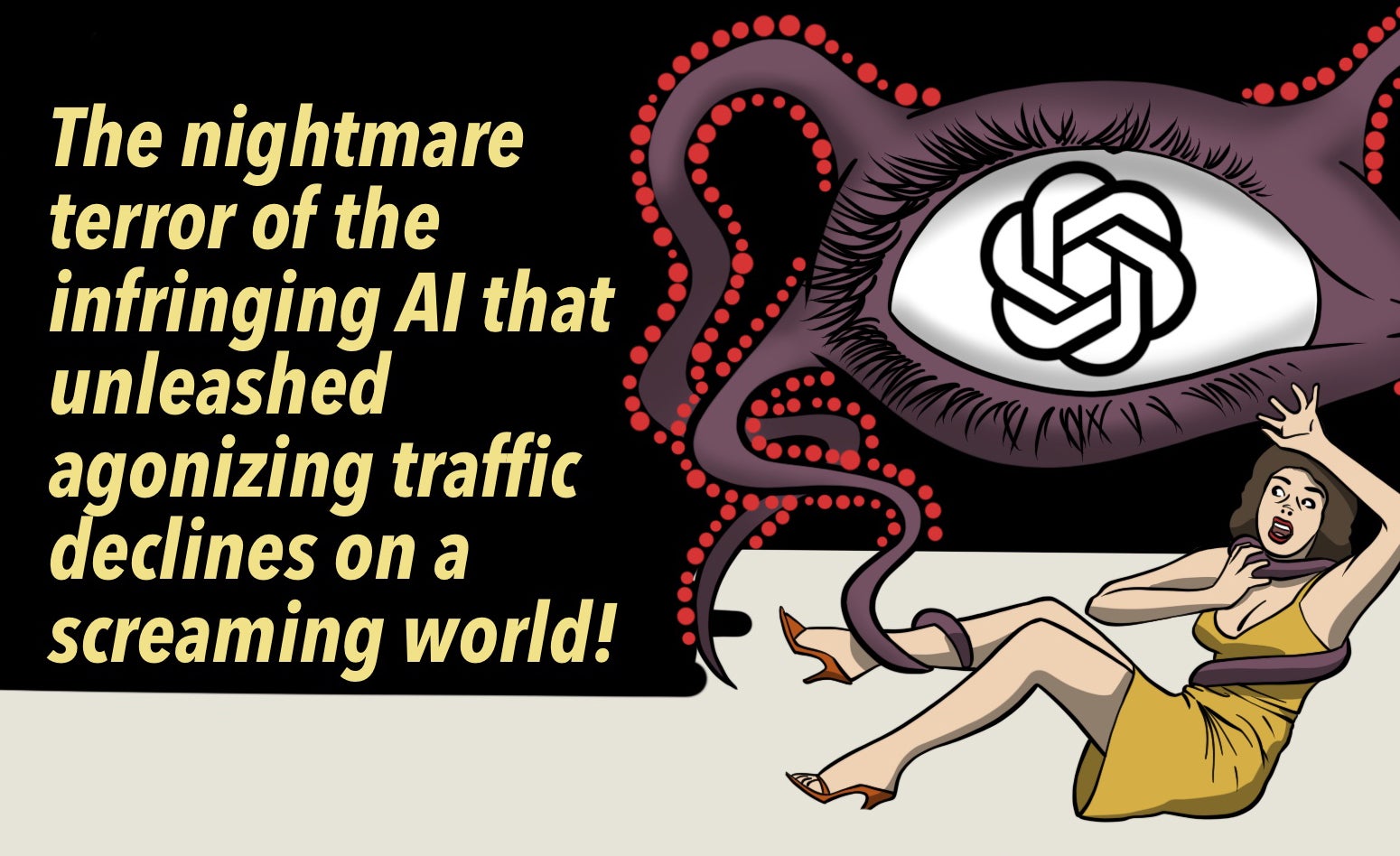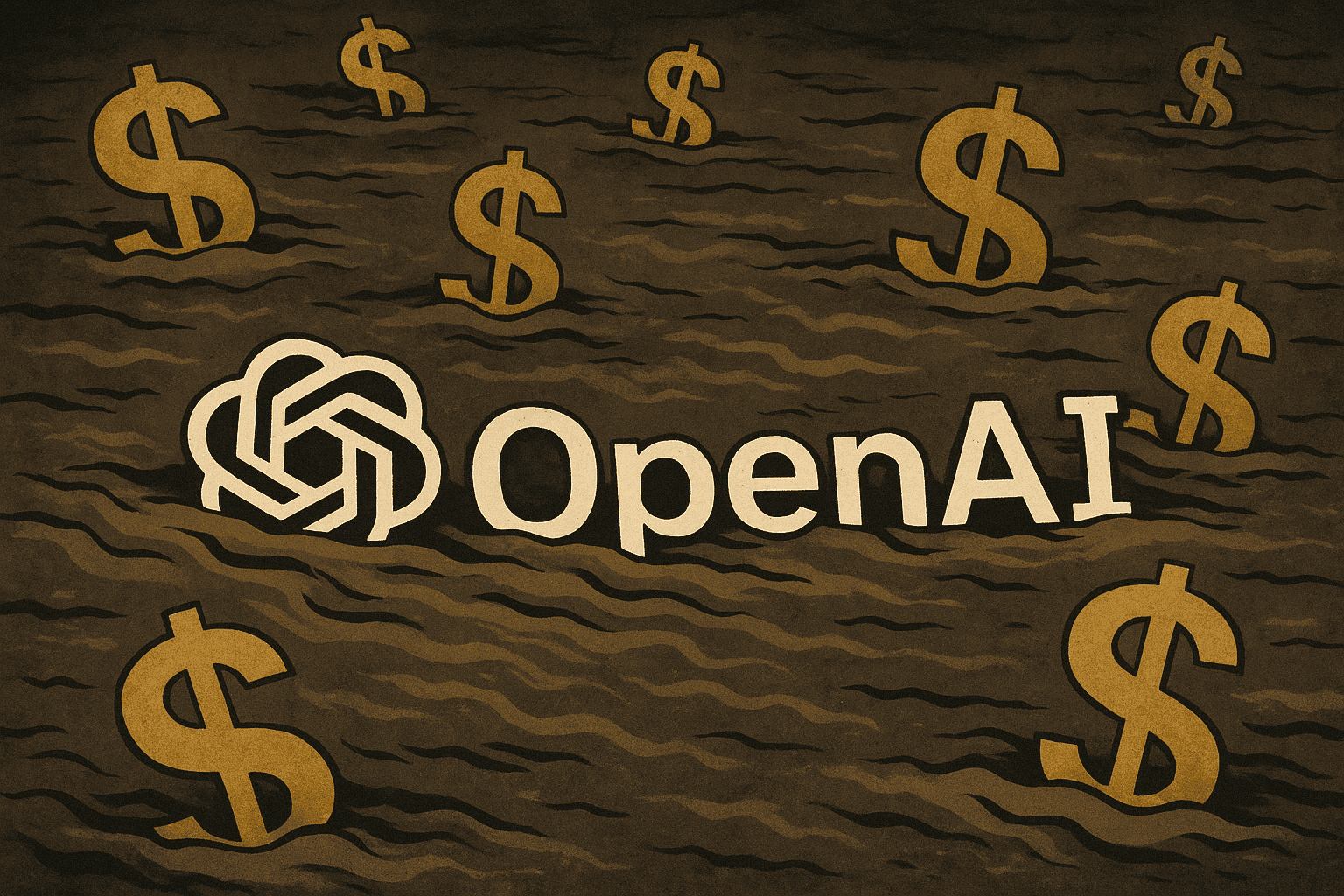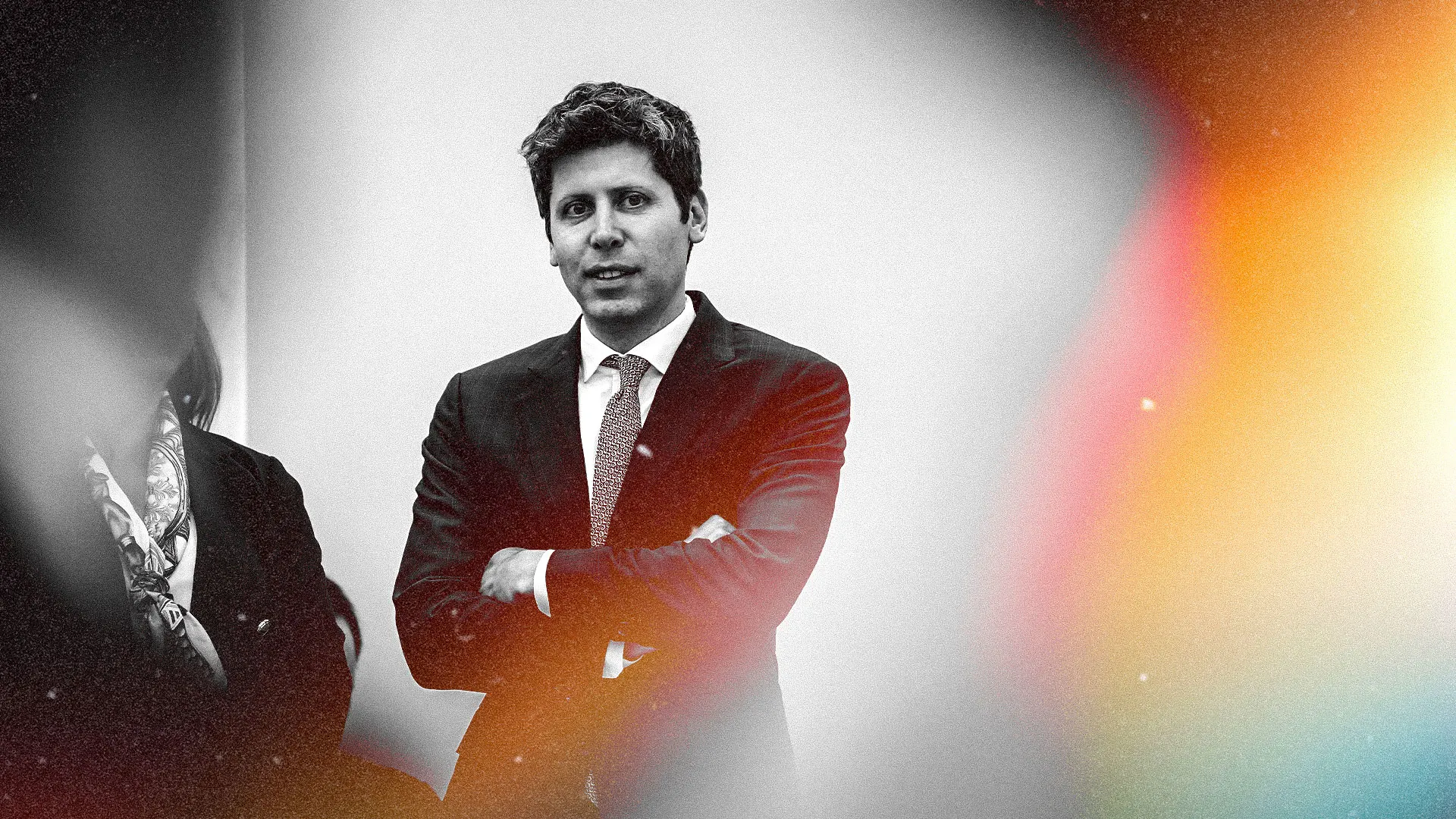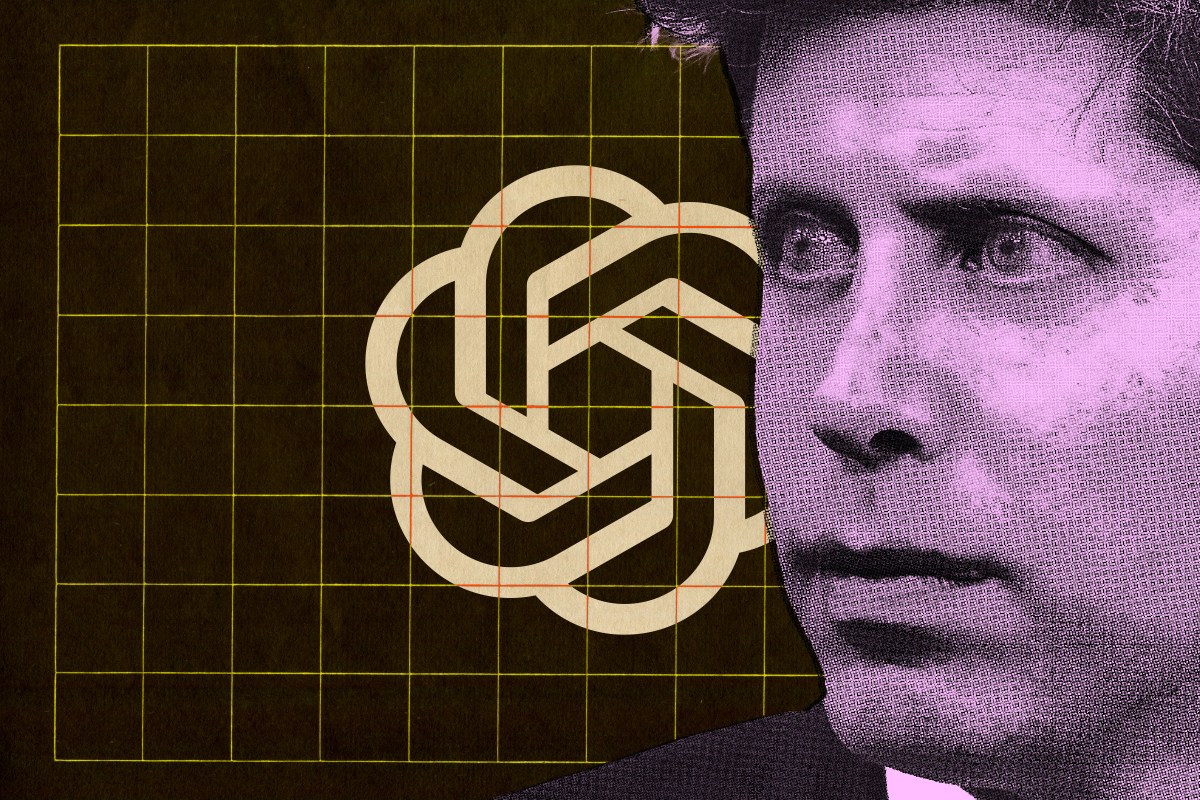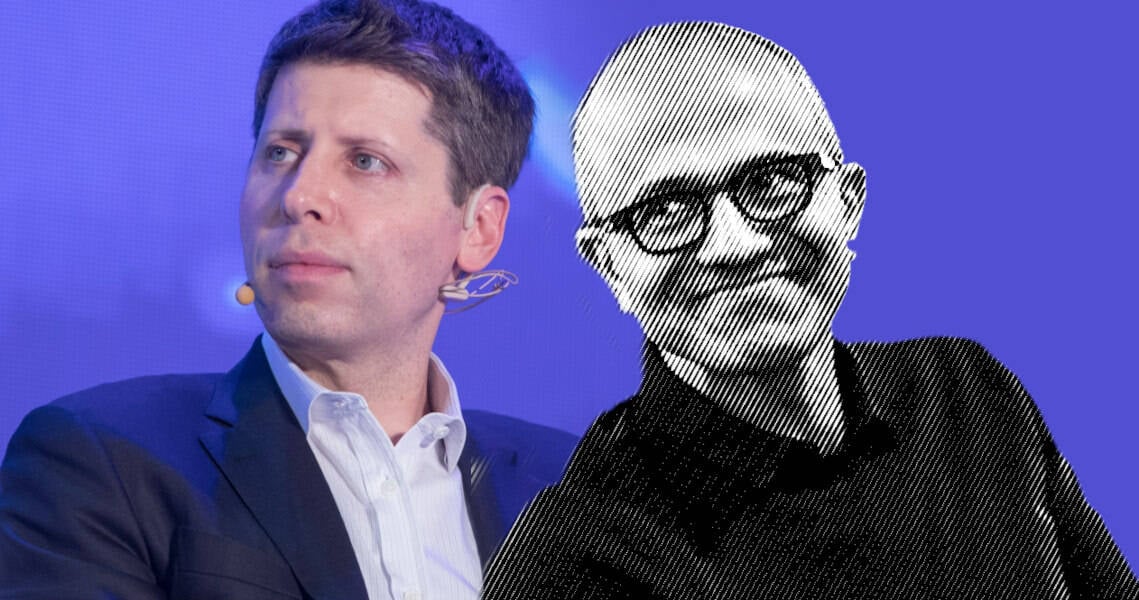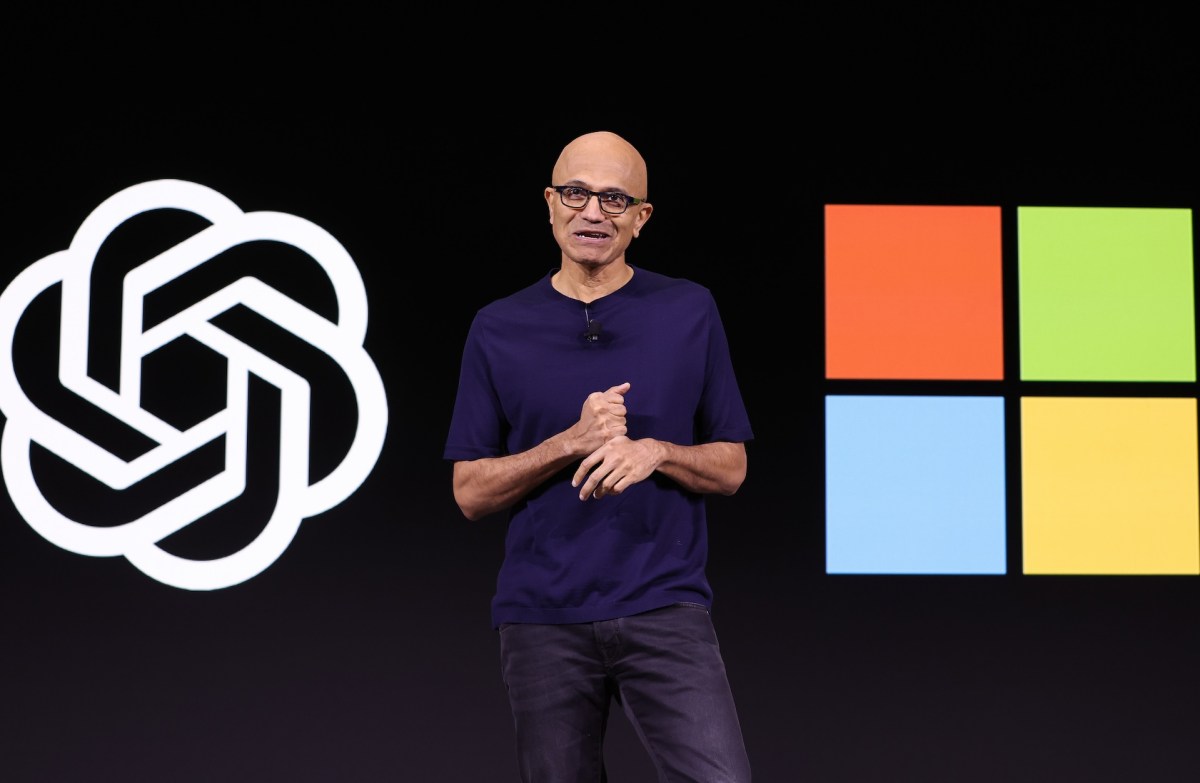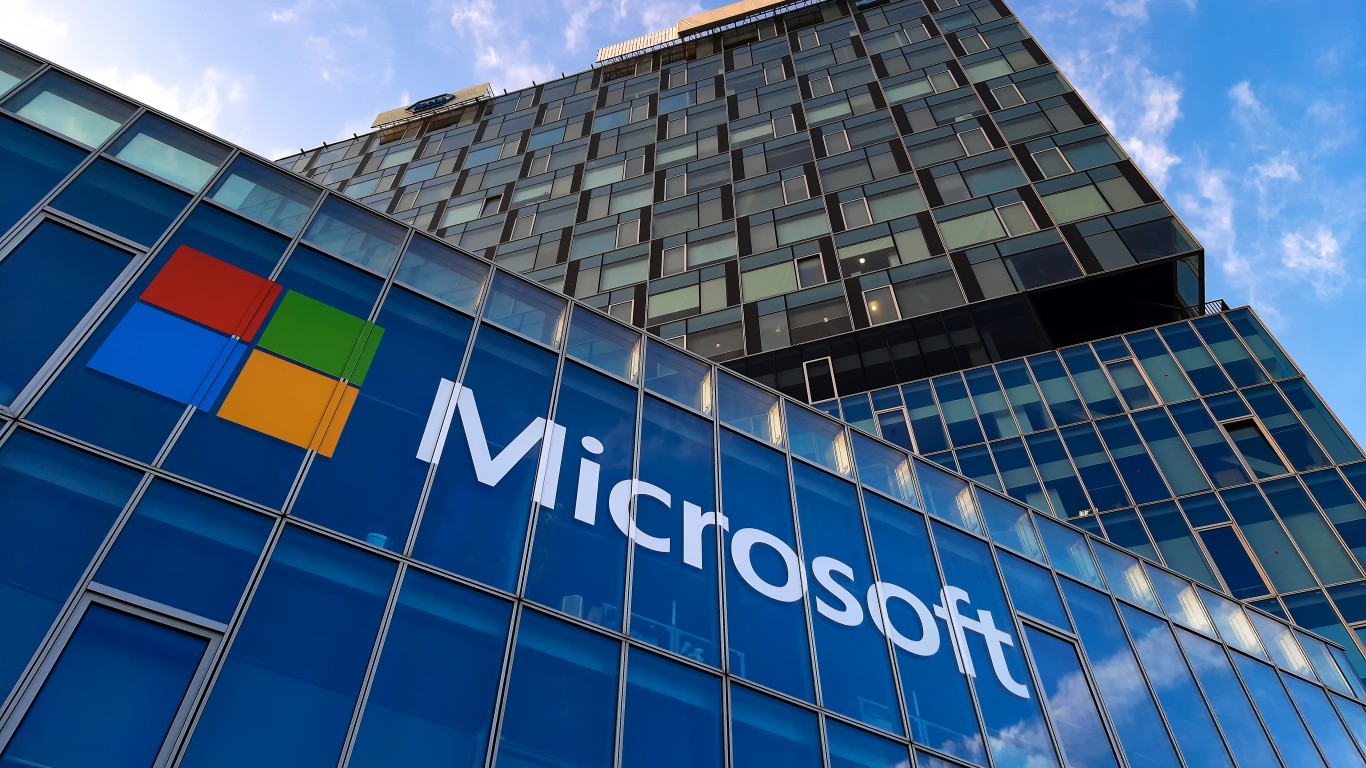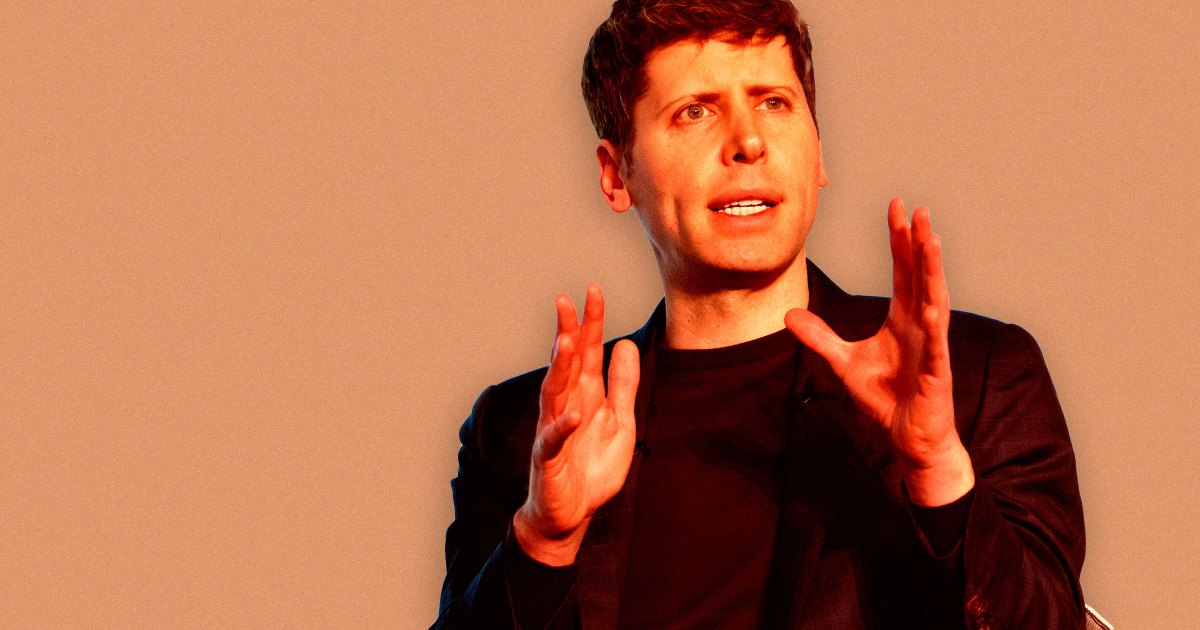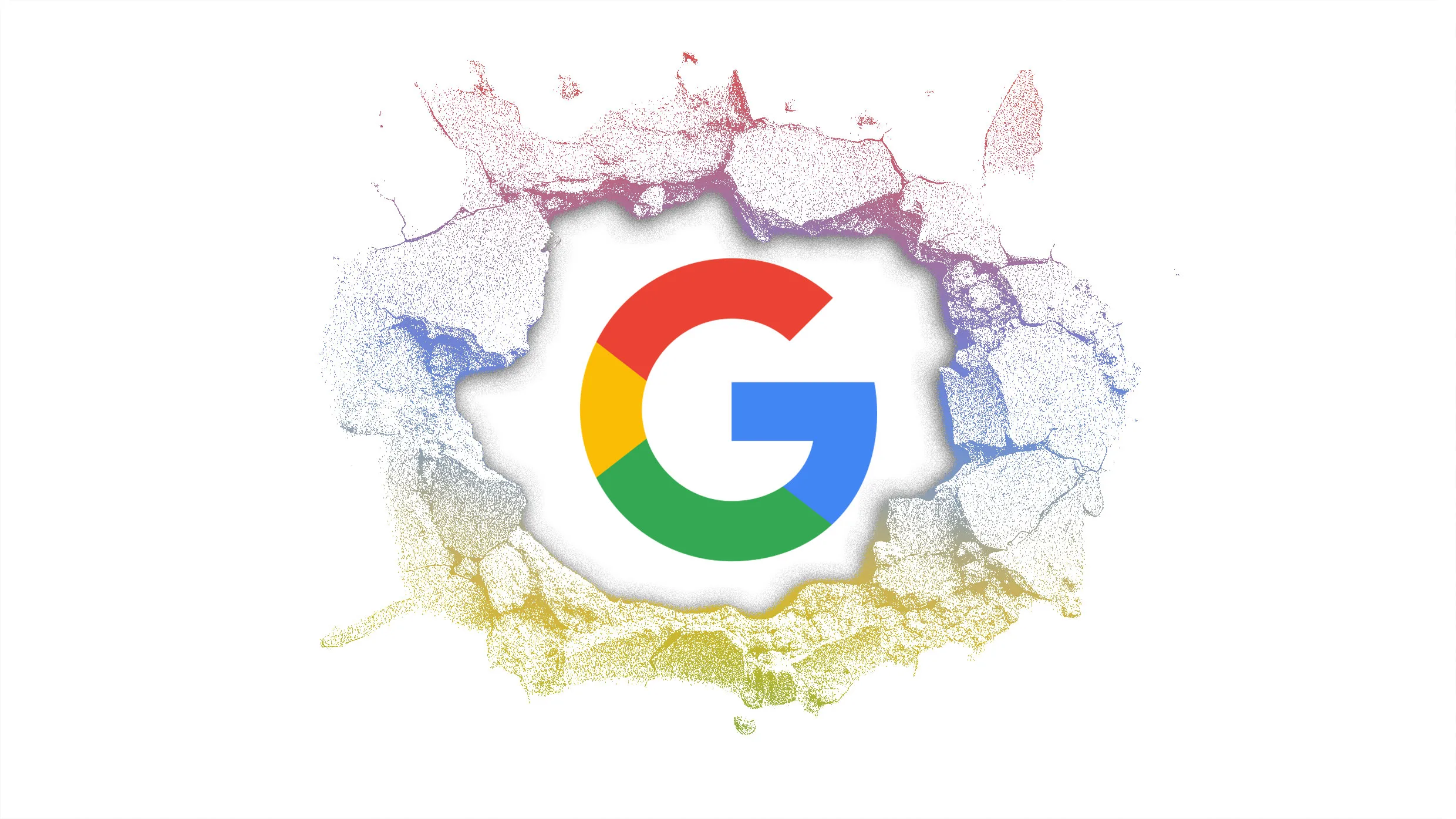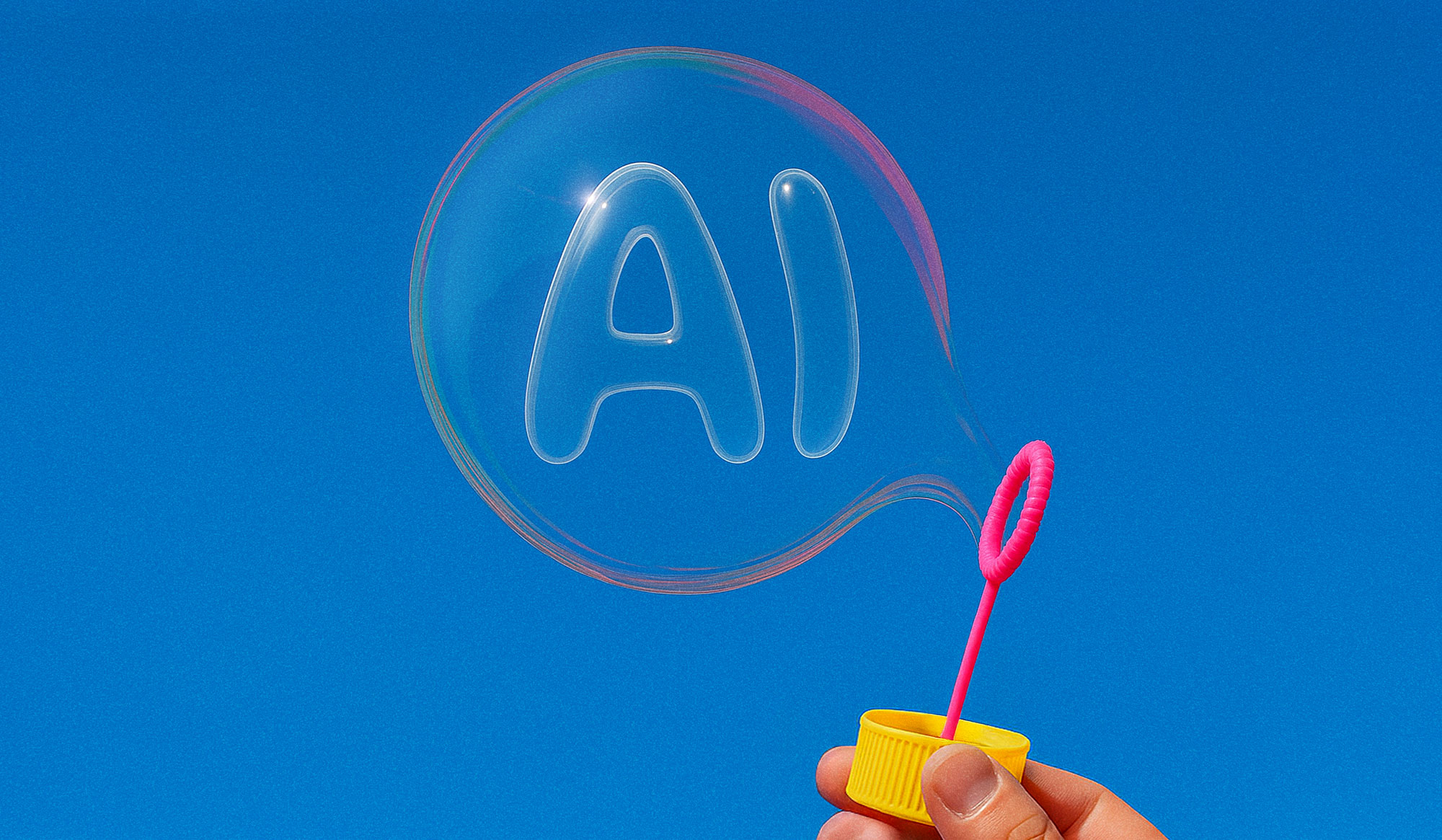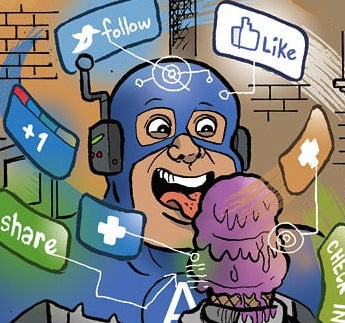#openai
#openai
[ follow ]
#chatgpt #advertising #nvidia #investment #ai-infrastructure #microsoft #anthropic #ai-chips #azure #enterprise-ai
fromBusiness Insider
10 hours agoSam Altman says he can't wait to get Elon Musk under oath
Really excited to get Elon under oath in a few months, Christmas in April!" the OpenAI CEO said in a Tuesday evening X post. He also reposted his chief security officer Jason Kwon's X post, with the caption "concerning." The post contained screenshots of a court filing from OpenAI's attorneys, which said that Musk preferred using messaging apps like Signal or XChat with message retention settings of a week or less.
Artificial intelligence
fromFortune
1 day agoOracle said it was 'highly confident in OpenAI's ability to raise funds and meet its commitments.' Cue the stock fall | Fortune
The company said Sunday night that it planned to raise up to $50 billion in debt and equity during the 2026 calendar year to fund additional data center capacity for its cloud customers. The market's initial reaction was favorable, with Oracle shares rising about 2% in early trading, as investors took the announcement as confirmation that demand for AI infrastructure remained strong and contracted. The market seemed to feel confident that Oracle actually had a plan to address its roughly $100 billion debt load.
Business
Artificial intelligence
fromFuturism
5 days agoSam Altman Says AI Will Cause Massive Deflation, Making Money Worth Vastly More
OpenAI commits over $1 trillion to build massive data centers while burning billions, slowing hiring, and predicting AI will drive massive deflation and individual empowerment.
fromThe Verge
6 days agoWarren pushes Sam Altman on OpenAI government 'backstop'
Warren writes that she is worried OpenAI "has committed to more than a trillion dollars in spending despite not yet turning a profit" and "appears to be seeking government assistance should it prove unable to pay its bills."
US politics
fromTechzine Global
1 week agoSoftBank goes all in on OpenAI and expands AI ambitions
SoftBank is considering a new investment in OpenAI that could amount to $30 billion. This would further strengthen the Japanese technology conglomerate's position with one of the most influential AI developers. The plans were reported on by Bloomberg. The talks are still in the early stages, but they once again underscore the scale of founder Masayoshi Son's ambitions in the field of artificial intelligence.
Artificial intelligence
Artificial intelligence
fromFortune
1 week agoOpenAI CFO Sarah Friar: There's a 'mismatch' between AI's abilities and the value companies are capturing | Fortune
AI is being treated as core economic infrastructure, but most organizations barely capture its capabilities, creating a significant capability overhang.
fromBusiness Insider
1 week agoSam Altman included a subtle dig at Mark Zuckerberg in his message to employees
The OpenAI CEO sent employees a message on Slack criticizing Immigration and Customs Enforcement - and appears to have taken the opportunity to also take a subtle jab at his rival, Mark Zuckerberg. The reference can be found where Altman wrote that OpenAI aims to "not get blown around by changing fashions." "We didn't start talking about masculine corporate energy when that was popular," Altman told employees.
Artificial intelligence
fromBusiness Insider
1 week agoNew ranking: Where OpenAI employees went to college
While not a full picture of OpenAI's workforce, the snapshot underscores how heavily frontier AI labs continue to draw from a small cluster of top research universities - and how concentrated elite AI talent remains.
Artificial intelligence
fromGeeky Gadgets
1 week agoOpenAI's Ad-Backed Plan Strains Loyalty as AMD, Google & Microsoft Surge Ahead
Are OpenAI's recent moves a bold leap forward or a risky gamble that could cost them their dominance in the AI race? Below, Matt Wolfe takes you through how the company's latest decisions, like introducing ads in free tiers, launching budget subscriptions, and claiming intellectual property rights on AI-assisted discoveries, are sparking heated debates across the tech world. While these strategies aim to expand OpenAI's reach and diversify its revenue streams, they've also raised concerns about user trust, data privacy, and the company's long-term vision.
Intellectual property law
Artificial intelligence
fromwww.theguardian.com
1 week agoSam Altman's make-or-break year: can the OpenAI CEO cash in his bet on the future?
Sam Altman and OpenAI are expanding massive AI infrastructure and investments to drive sweeping economic, societal change while concentrating power and consuming immense resources.
Artificial intelligence
fromFortune
1 week agoOpenAI's former head of sales is entering VC. She still calls herself an 'AGI sherpa' | Fortune
Aliisa Rosenthal left OpenAI after scaling its sales organization to join Acrew Capital as general partner to advise startups on pricing, GTM, AI-native sales, and scaling.
fromComputerworld
2 weeks agoServiceNow deal will see it embed OpenAI models into its AI Platform
to break through language barriers and offer more natural interactions. With the latest OpenAI models including GPT-5.2, ServiceNow will unlock a new class of AI-powered automation for the world's largest companies.
Artificial intelligence
Artificial intelligence
fromTechCrunch
2 weeks agoIn an effort to protect young users, ChatGPT will now predict how old you are | TechCrunch
OpenAI added an AI-based age prediction feature in ChatGPT to identify minors and automatically apply content filters, with selfie ID verification to restore adult accounts.
fromEngadget
2 weeks agoOpenAI is launching age prediction for ChatGPT accounts
The AI business is beginning a global rollout of an age prediction tool to determine whether or not a user is a minor. "The model looks at a combination of behavioral and account-level signals, including how long an account has existed, typical times of day when someone is active, usage patterns over time,and a user's stated age," the company's announcement states.
Artificial intelligence
fromTheregister
2 weeks agoOpenAI is still figuring out how to make money
Running through the AI poster child's achievements over the last couple of years, Friar said that the business's compute grew 9.5x from 2023 to 2025 from 0.2 GW to around 1.9 GW. Meanwhile, "revenue followed the same curve" by growing 10x in the same period from $2 billion to more than $20 billion in 2025. "We firmly believe that more compute in these periods would have led to faster customer adoption and monetization," she said.
Artificial intelligence
[ Load more ]


